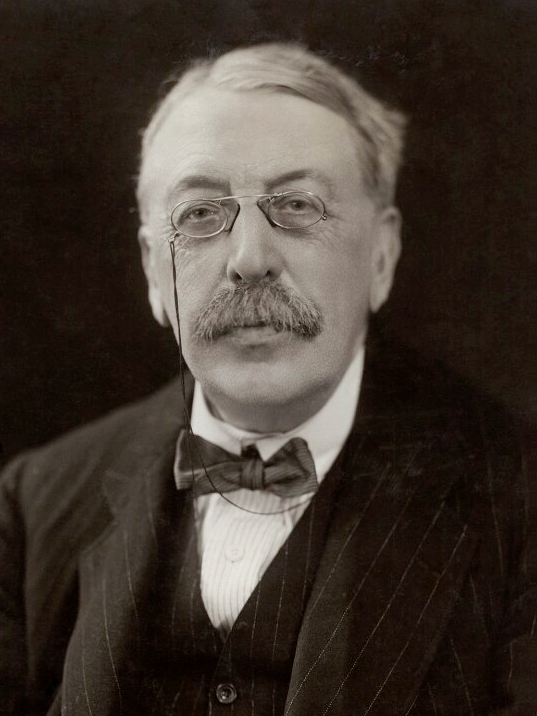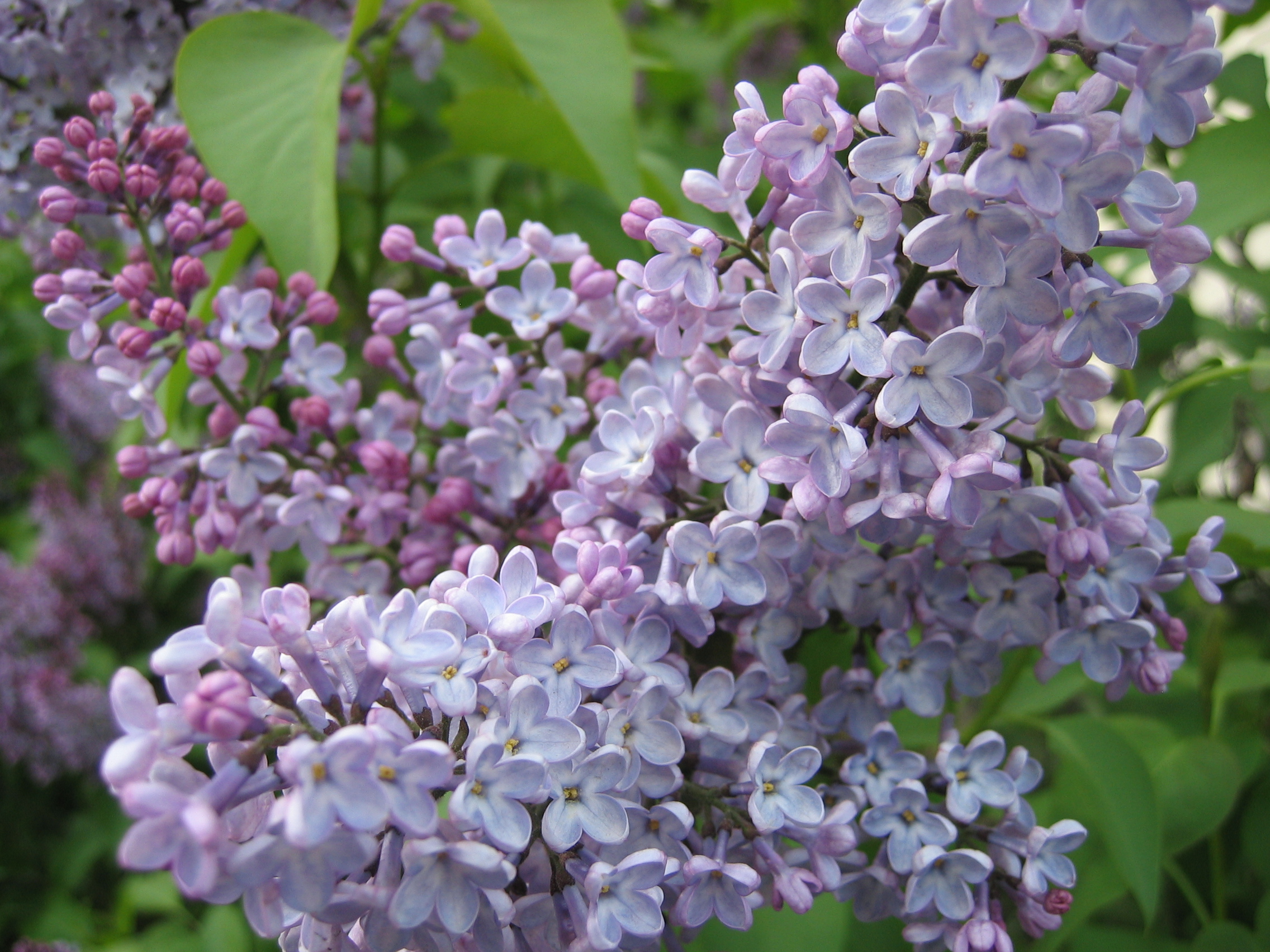|
Elegiac Ode
''Elegiac Ode'', Op. 21, is a musical composition by British composer Charles Villiers Stanford (1852–1924) written and first performed in 1884. It is a four-movement work scored for baritone and soprano soloists, chorus and orchestra,Town, Stephen, "'Full of fresh thoughts'’: Vaughan Williams, Whitman, and the Genesis of ''A Sea Symphony''", in Adams, Byron, and Wells, Robin (editors), ''Vaughan Williams Essays'', (Aldershot: Ashgate Publishing, Ltd., 2003), 73-102, at 78. Stanford's composition is a setting of Walt Whitmans 1865 elegy, "When Lilacs Last in the Dooryard Bloom'd", mourning the death of American president Abraham Lincoln Abraham Lincoln ( ; February 12, 1809 – April 15, 1865) was an American lawyer, politician, and statesman who served as the 16th president of the United States from 1861 until his assassination in 1865. Lincoln led the nation thro ....Sullivan, Jack. ''New World Symphonies: How American Culture Changed European Music'', 95f ... [...More Info...] [...Related Items...] OR: [Wikipedia] [Google] [Baidu] |
Charles Villiers Stanford
Sir Charles Villiers Stanford (30 September 1852 – 29 March 1924) was an Anglo-Irish composer, music teacher, and conductor of the late Romantic music, Romantic era. Born to a well-off and highly musical family in Dublin, Stanford was educated at the University of Cambridge before studying music in University of Music and Theatre Leipzig, Leipzig and Berlin. He was instrumental in raising the status of the Cambridge University Musical Society, attracting international stars to perform with it. While still an undergraduate, Stanford was appointed organist of Trinity College, Cambridge. In 1882, aged 29, he was one of the founding professors of the Royal College of Music, where he taught composition for the rest of his life. From 1887 he was also Professor of Music (Cambridge), Professor of Music at Cambridge. As a teacher, Stanford was sceptical about modernism, and based his instruction chiefly on classical principles as exemplified in the music of Johannes Brahms, Brahms ... [...More Info...] [...Related Items...] OR: [Wikipedia] [Google] [Baidu] |
Baritone
A baritone is a type of classical male singing voice whose vocal range lies between the bass and the tenor voice-types. The term originates from the Greek (), meaning "heavy sounding". Composers typically write music for this voice in the range from the second F below middle C to the F above middle C (i.e. F2–F4) in choral music, and from the second A below middle C to the A above middle C (A2 to A4) in operatic music, but the range can extend at either end. Subtypes of baritone include the baryton-Martin baritone (light baritone), lyric baritone, ''Kavalierbariton'', Verdi baritone, dramatic baritone, ''baryton-noble'' baritone, and the bass-baritone. History The first use of the term "baritone" emerged as ''baritonans'', late in the 15th century, usually in French sacred polyphonic music. At this early stage it was frequently used as the lowest of the voices (including the bass), but in 17th-century Italy the term was all-encompassing and used to describe the averag ... [...More Info...] [...Related Items...] OR: [Wikipedia] [Google] [Baidu] |
Soprano
A soprano () is a type of classical female singing voice and has the highest vocal range of all voice types. The soprano's vocal range (using scientific pitch notation) is from approximately middle C (C4) = 261 Hz to "high A" (A5) = 880 Hz in choral music, or to "soprano C" (C6, two octaves above middle C) = 1046 Hz or higher in operatic music. In four-part chorale style harmony, the soprano takes the highest part, which often encompasses the melody. The soprano voice type is generally divided into the coloratura, soubrette, lyric, spinto, and dramatic soprano. Etymology The word "soprano" comes from the Italian word '' sopra'' (above, over, on top of),"Soprano" '' |
Walt Whitman
Walter Whitman (; May 31, 1819 – March 26, 1892) was an American poet, essayist and journalist. A humanist, he was a part of the transition between transcendentalism and realism, incorporating both views in his works. Whitman is among the most influential poets in the American canon, often called the father of free verse. His work was controversial in his time, particularly his 1855 poetry collection ''Leaves of Grass'', which was described as obscene for its overt sensuality. Born in Huntington on Long Island, Whitman resided in Brooklyn as a child and through much of his career. At the age of 11, he left formal schooling to go to work. Later, Whitman worked as a journalist, a teacher, and a government clerk. Whitman's major poetry collection, ''Leaves of Grass'', was first published in 1855 with his own money and became well known. The work was an attempt at reaching out to the common person with an American epic. He continued expanding and revising it until his de ... [...More Info...] [...Related Items...] OR: [Wikipedia] [Google] [Baidu] |
When Lilacs Last In The Dooryard Bloom'd
"When Lilacs Last in the Dooryard Bloom'd" is a long poem written by American poet Walt Whitman (1819–1892) as an elegy to President Abraham Lincoln. It was written in the summer of 1865 during a period of profound national mourning in the aftermath of the president's assassination on 14 April of that year. The poem, written in free verse in 206 lines, uses many of the literary techniques associated with the pastoral elegy. Despite being an expression to the fallen president, Whitman neither mentions Lincoln by name nor discusses the circumstances of his death in the poem. Instead, he uses a series of rural and natural imagery including the symbols of the lilacs, a drooping star in the western sky (Venus), and the hermit thrush, and he employs the traditional progression of the pastoral elegy in moving from grief toward an acceptance and knowledge of death. The poem also addresses the pity of war through imagery vaguely referencing the American Civil War (1861–1865), which ... [...More Info...] [...Related Items...] OR: [Wikipedia] [Google] [Baidu] |
Abraham Lincoln
Abraham Lincoln ( ; February 12, 1809 – April 15, 1865) was an American lawyer, politician, and statesman who served as the 16th president of the United States from 1861 until his assassination in 1865. Lincoln led the nation through the American Civil War and succeeded in preserving the Union, abolishing slavery, bolstering the federal government, and modernizing the U.S. economy. Lincoln was born into poverty in a log cabin in Kentucky and was raised on the frontier, primarily in Indiana. He was self-educated and became a lawyer, Whig Party leader, Illinois state legislator, and U.S. Congressman from Illinois. In 1849, he returned to his successful law practice in central Illinois. In 1854, he was angered by the Kansas–Nebraska Act, which opened the territories to slavery, and he re-entered politics. He soon became a leader of the new Republican Party. He reached a national audience in the 1858 Senate campaign debates against Stephen A. Douglas. ... [...More Info...] [...Related Items...] OR: [Wikipedia] [Google] [Baidu] |
List Of Compositions By Charles Villiers Stanford
This is a List of compositions by Charles Villiers Stanford. Operas * '' The Veiled Prophet'' (1877, perf. 1881) * ''Savonarola'' (1883, perf. 1884) * ''The Canterbury Pilgrims'' (1883, perf. 1884) * ''The Miner of Falun'' (1888 Act I only; abandoned, unpub.) * ''Lorenza'', Op. 55 (1894, unperformed, unpub.) * ''Shamus O'Brien'', Op. 61 (1895, perf. 1896) * ''Christopher Patch, the Barber of Bath'', Op. 69 (1897, unperformed) * '' Much Ado About Nothing'' or ''The Marriage of Hero'', Op. 76a (1900, perf. 1901) * ''The Critic, or An Opera Rehearsed'', Op. 144 (1915, perf. 1916) * ''The Travelling Companion'', Op. 146 (1916, perf. posth. 1925) Orchestral works Symphonies * No. 1 in B-flat major (1876) *No. 2 in D minor, "Elegiac" (1882) * No. 3 in F minor, "Irish", Op. 28 (1887) *No. 4 in F major, Op. 31 (1888) *No. 5 in D major, "L'Allegro ed il Pensieroso", Op. 56 (1894) *No. 6 in E-flat major, "In Memoriam G. F. Watts", Op. 94 (1905) *No. 7 in D minor, Op. 124 (1911) Co ... [...More Info...] [...Related Items...] OR: [Wikipedia] [Google] [Baidu] |
1884 Compositions
Events January–March * January 4 – The Fabian Society is founded in London. * January 5 – Gilbert and Sullivan's ''Princess Ida'' premières at the Savoy Theatre, London. * January 18 – Dr. William Price attempts to cremate his dead baby son, Iesu Grist, in Wales. Later tried and acquitted on the grounds that cremation is not contrary to English law, he is thus able to carry out the ceremony (the first in the United Kingdom in modern times) on March 14, setting a legal precedent. * February 1 – ''A New English Dictionary on historical principles, part 1'' (edited by James A. H. Murray), the first fascicle of what will become ''The Oxford English Dictionary'', is published in England. * February 5 – Derby County Football Club is founded in England. * March 13 – The siege of Khartoum, Sudan, begins (ends on January 26, 1885). * March 28 – Prince Leopold, the youngest son and the eighth child of Queen Victoria and ... [...More Info...] [...Related Items...] OR: [Wikipedia] [Google] [Baidu] |
Compositions By Charles Villiers Stanford
Composition or Compositions may refer to: Arts and literature *Composition (dance), practice and teaching of choreography *Composition (language), in literature and rhetoric, producing a work in spoken tradition and written discourse, to include visuals and digital space *Composition (music), an original piece of music and its creation *Composition (visual arts), the plan, placement or arrangement of the elements of art in a work * ''Composition'' (Peeters), a 1921 painting by Jozef Peeters *Composition studies, the professional field of writing instruction * ''Compositions'' (album), an album by Anita Baker *Digital compositing, the practice of digitally piecing together a video Computer science *Function composition (computer science), an act or mechanism to combine simple functions to build more complicated ones *Object composition, combining simpler data types into more complex data types, or function calls into calling functions History *Composition of 1867, Austro-Hungarian/ ... [...More Info...] [...Related Items...] OR: [Wikipedia] [Google] [Baidu] |





